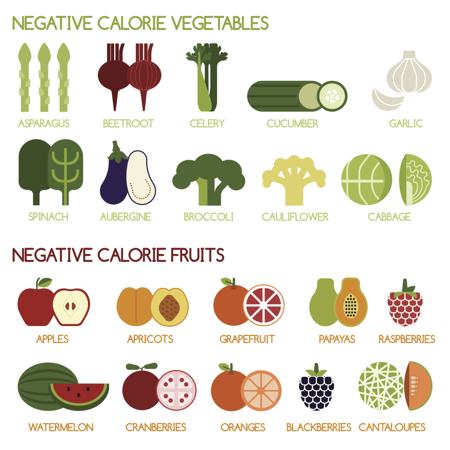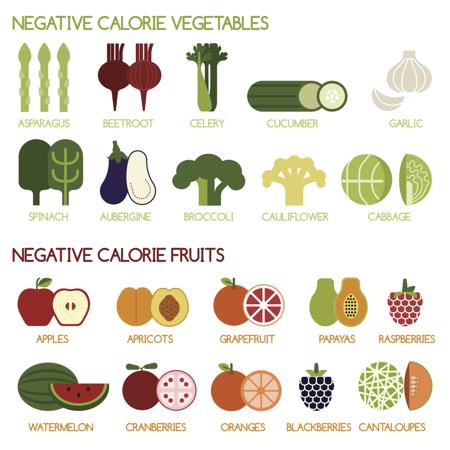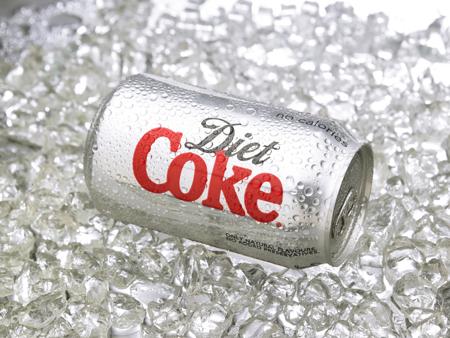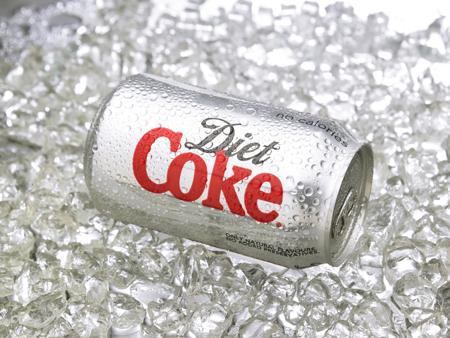Can Vitamin D Lower Your Risk of COVID-19?
1. Vitamin D and COVID-19 Risk:
- Studies have observed an association between low levels of vitamin D and an increased risk of COVID-19 infection. For instance, a meta-analysis of 25 studies found that individuals with low vitamin D levels were 54% more likely to test positive for COVID-19 compared to those with sufficient levels.
2. Vitamin D and COVID-19 Severity:
- Research suggests that vitamin D deficiency may be linked to more severe COVID-19 outcomes. A study published in JAMA Internal Medicine found that hospitalized COVID-19 patients with low vitamin D levels had a higher risk of intensive care unit (ICU) admission and death compared to those with adequate levels.
3. Potential Mechanisms:
- Vitamin D has immunomodulatory effects and may influence the body's immune response to infections, including COVID-19. It supports immune cell function and may help regulate inflammatory responses.
- Vitamin D also plays a role in maintaining the health of the respiratory system, which is the primary target of the SARS-CoV-2 virus. Some studies have suggested that vitamin D deficiency may be associated with increased respiratory infections and asthma.
4. Limitations and Considerations:
- While the research findings are promising, it's important to note that observational studies cannot establish a direct cause-and-effect relationship between vitamin D and COVID-19 risk or severity. Randomized controlled trials are needed to confirm the role of vitamin D supplementation in preventing or treating COVID-19.
- Vitamin D toxicity can also occur with excessive intake, so it's essential to consult a healthcare professional before taking high-dose supplements. The recommended daily intake of vitamin D varies based on age and individual needs.
- Other factors, such as overall health, underlying medical conditions, genetics, and lifestyle, can also influence the risk of COVID-19 and its outcomes.
In summary, while vitamin D may have some potential benefits in reducing the risk of COVID-19 and its severity, more research is needed to fully understand its role. Maintaining a healthy lifestyle, including a balanced diet with adequate vitamin D, regular exercise, and adequate sleep, is essential for overall health and well-being. If you have concerns about your vitamin D levels or COVID-19 risk, it's recommended to consult with your healthcare provider for personalized advice.
-
Low Calorie Meal Ideas
If you are trying to lose excess weight then there is no better way to
-
Low Calorie Recipes for One
Quite often, you must have observed that when we have to cook just for
-
1800 Calorie Diet Plan
Human body needs a specified number of calories every day to keep all
-
500 Calorie Diet Plan
By the time Im thin, fat will be in. - AnonymousIn the days of yore, a
-
Low Calorie Fast Food Choices
If you have vowed to eat healthy and consume a low calorie diet, then
-
1200 Calorie Diabetic Diet
The number of people suffering from diabetes is increasing the world o



